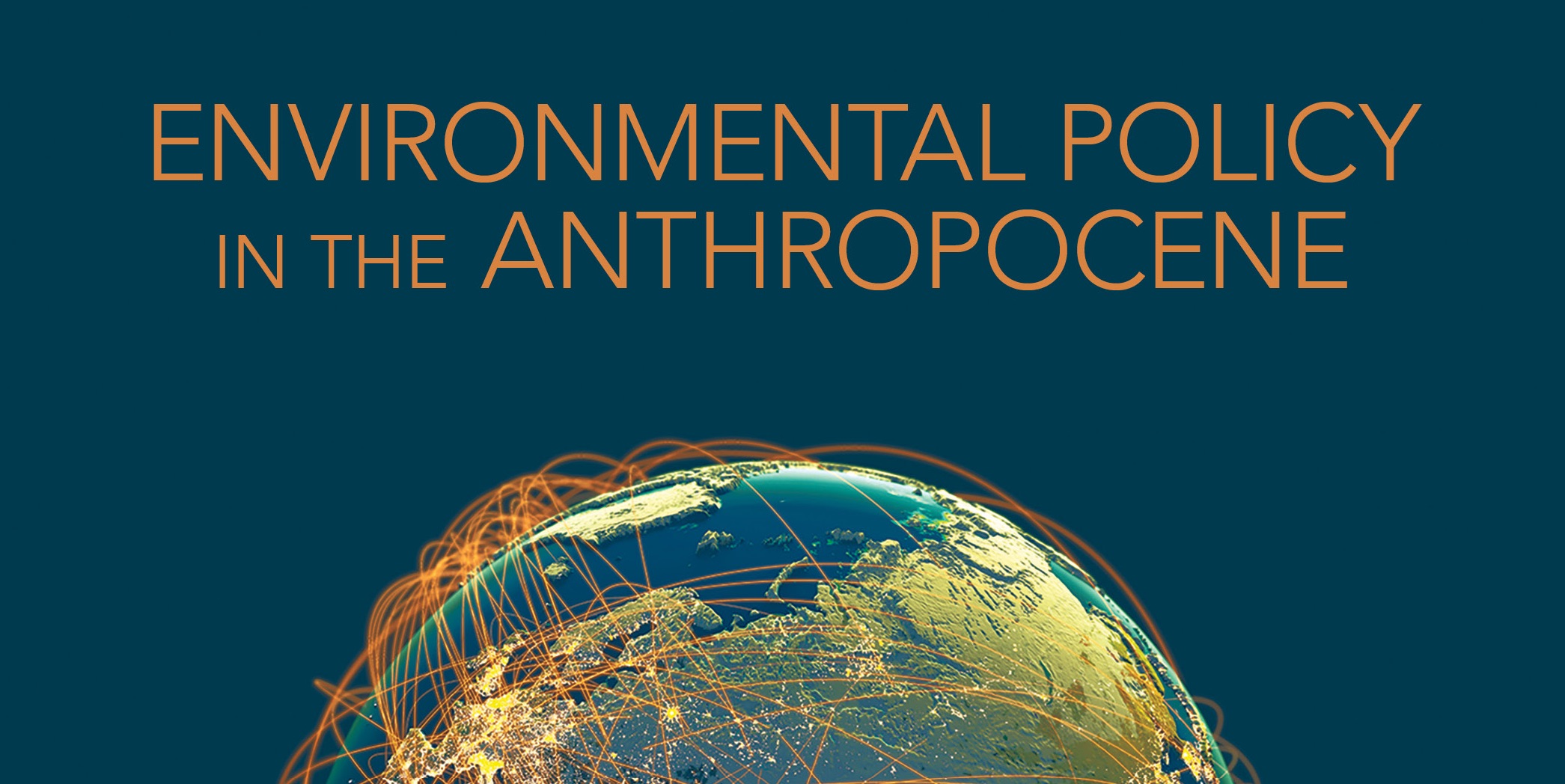Originally published in Environmental Policy in the Anthropocene (PERC, 2016). Download this full chapter here.
Writing in 1990, Daniel Botkin observed that since the beginning of the modern environmental movement in the 1960s, a core mission of environmental policymakers has been the restoration of the balance of nature. The laws and regulations intended to achieve this objective are designed to halt further human disruptions of nature or reverse the consequences of past disruptions. As Emma Marris has explained recently, this balance of nature paradigm leads virtually every scientific study of environmental change to use or assume a baseline. The baseline, Marris writes, is usually assumed to be the condition of nature before being exposed to detrimental actions of Europeans or, sometimes, of any humans. For environmental scientists, the baseline serves as the “before” from which they can measure subsequent human impacts. This understanding of environmental problems easily translates into policy prescriptions for “healing a wounded or sick nature” and to ethical claims that “[w]e broke it; therefore we must fix it.” Thus, says Marris, baselines “typically don’t just act as a scientific before to compare with an after. They become the good, the goal, the one correct state.”
Both Botkin and Marris reject the balance of nature paradigm and its reliance on historic baselines. In their view, the natural environment is always changing, and humans have been an integral part of nature’s story for millennia. Thus, there is no balance of nature to be restored, just an unknown future. Humans may be able to influence that future, but they and all other living things must adapt to it, or perish.
Botkin labeled his theory the “new ecology,” but in fact his insight has deep roots in the work of the fourth century B.C. Greek philosopher Epicurus. In the words of author Matt Ridley, Epicurus thought “(as far as we can tell) that the physical world, the living world, human society and the morality by which we live all emerged as spontaneous phenomena, requiring no divine intervention nor a benign monarch or nanny state to explain them.” We only know of Epicurus from the Roman poet Titus Lucretious. His De Rerum Natura recounts and expands upon the Epicurean understanding of a spontaneous and constantly changing nature. Upon reading Lucretious for the first time, in his sixth decade of life, Ridley says that he was “left fuming at [his] educators” for their failure to introduce him to Epicurus. While two-plus decades hardly compare to two millennia, it says a great deal that a quarter of a century after Botkin first proposed the new ecology, policymakers seem to have paid little heed.
There can be no doubt that Epicurus and Lucretious were banished to obscurity for the same reasons Galileo was prosecuted: heresy against the teachings of the church. But apparent indifference to Botkin’s new ecology probably has a more benign explanation. In The Structure of Scientific Revolutions, Thomas Kuhn argued that scientific advances come in fits and starts. Scientists embrace a particular paradigm based on the best knowledge available. They build their own work and theories on that paradigm. When research yields conclusions that appear inconsistent with the accepted paradigm, scientists presume that the research result, not the paradigm, is in error. When such anomalies lead a single researcher to suggest that the accepted paradigm has it wrong, and to propose a new explanation that accommodates the conflicting results, there is resistance from the many scientists whose research and theories rely on the challenged paradigm.
Whatever the pace of scientific revolutions, public policies inevitably trail behind. Whereas private decision makers have powerful incentives to get the facts right, policymakers are generally discouraged from adapting to new understandings of the world by those with vested interests in existing policies. As the reach of government has been extended and bureaucracies have grown, the “ship of state” becomes ever more difficult to turn. Elected officials have constituencies built upon particular understandings of how the world works and what government can do to make things better for them. A legislator’s change of policy prescription founded on a new, science-based understanding is more likely to be seen as a flip-flop than as newfound wisdom. Bureaucracies face constituencies more interested in stability and the rents derived from existing rules and regulations than in policy changes in response to new knowledge.



